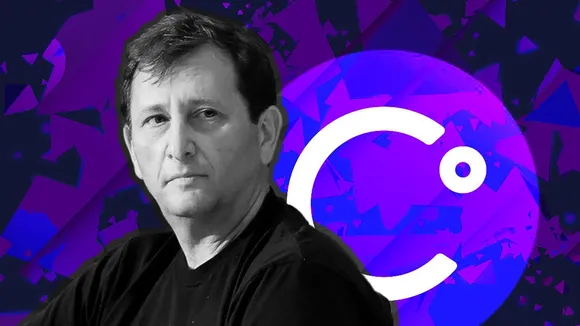
On a brisk morning in February, former Celsius CEO Alex Mashinsky strode into the United States District Court for the Southern District of New York. The atmosphere was charged, not just with the winter chill, but with the anticipation of a landmark legal proceeding that would further entangle the already complex world of cryptocurrency. This was no ordinary court appearance; it was a Curcio hearing, a procedural step that would set the tone for a trial touching the very nerve of the crypto industry’s tumultuous relationship with the law.
Legal Ties That Bind
At the heart of the matter was Mashinsky’s choice of legal representation. Opting to retain Marc Mukasey and Torrey Young, the same defense lawyers who represented Sam Bankman-Fried, the former FTX CEO, Mashinsky’s decision raised eyebrows and prompted the court to delve into potential conflicts of interest. Despite the potential for overlap between his and Bankman-Fried’s legal challenges, Mashinsky waived his right to conflict-free counsel, a move that underscored his confidence in his legal team. This decision, however, was not merely about the caliber of his defense but hinted at the intricate web of relationships and transactions that once buoyed, and later burdened, the cryptocurrency sector.
A Legal and Financial Entanglement
The proceedings unearthed concerns beyond the choice of counsel. The shadow of financial entanglements between Mashinsky’s Celsius and Bankman-Fried’s FTX, particularly through the sister firm Alameda Research, loomed large. These connections, marked by a $13 million creditor claim and aborted acquisition talks, painted a picture of a crypto ecosystem rife with intertwined interests that could influence the outcome of legal battles. The government’s scrutiny of these relationships underscored the complexities at play, suggesting that the fallout from Celsius and FTX’s collapses was more than a tale of individual missteps—it was a systemic issue that challenged the sector’s integrity.
The Ripple Effects
The implications of Mashinsky’s and Bankman-Fried’s cases extend far beyond their personal legal woes. They serve as a litmus test for the cryptocurrency industry’s regulatory and legal landscape, which has been criticized for its lack of clarity and oversight. The trials, set against a backdrop of other industry scandals, including allegations of manipulated growth and fraudulent schemes, signal a pivotal moment for cryptocurrency. They not only highlight the need for more robust governance and operational practices but also raise questions about the future of digital currencies in a world still grappling with how to regulate them effectively.
The Curcio hearing for Alex Mashinsky was not just another day in court; it was a chapter in the unfolding story of cryptocurrency’s struggle to find its place within the legal and financial systems. As the industry watches closely, the outcomes of these trials may well determine the path forward, not just for the individuals involved, but for cryptocurrency as a whole.

